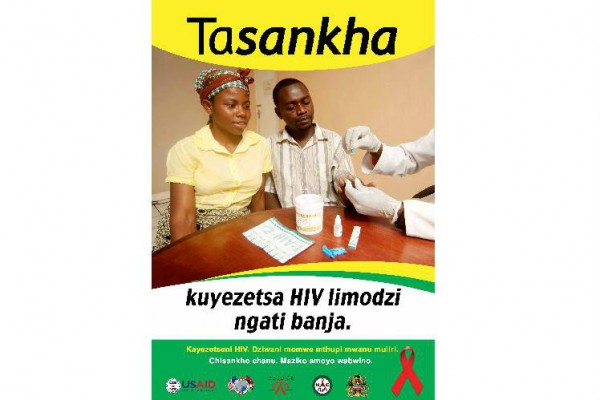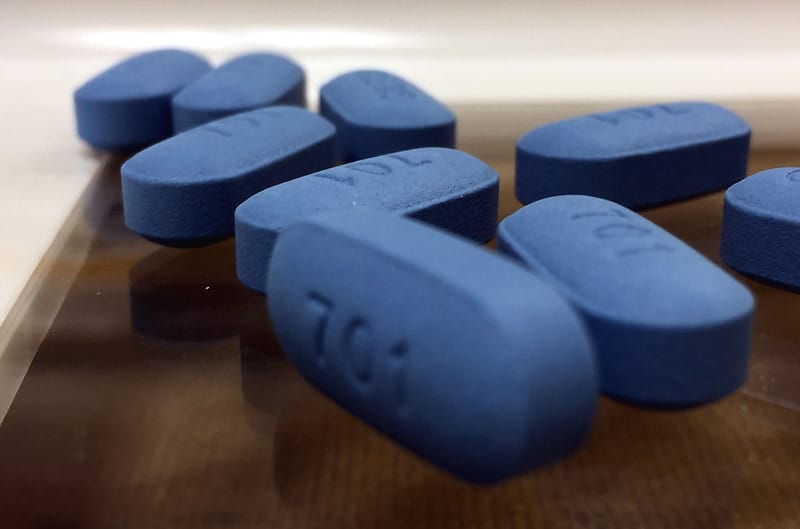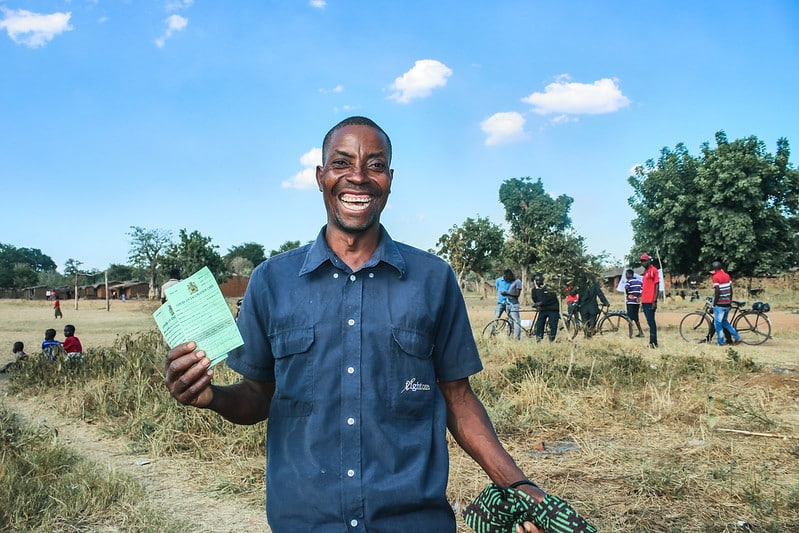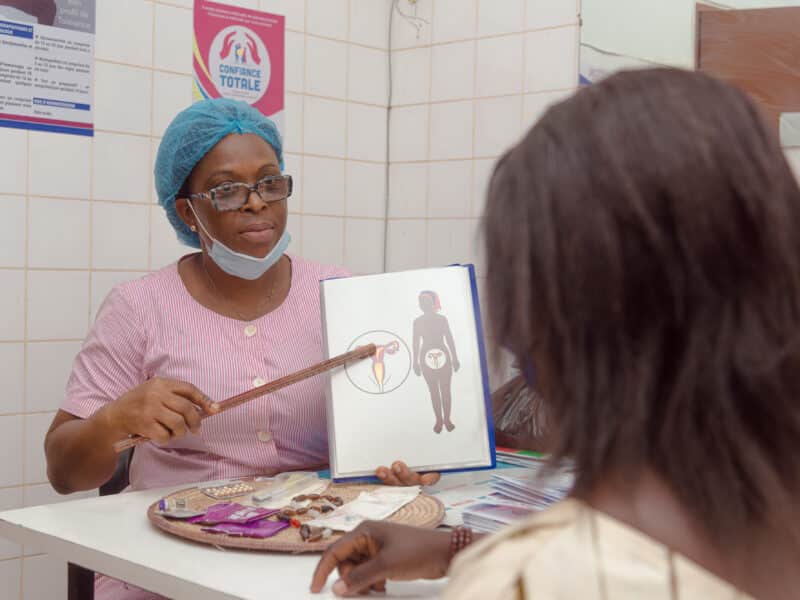Today, program and research staff from the Johns Hopkins Bloomberg School of Public Health Center for Communication Programs (JHU∙CCP) presented results from their successful HIV/AIDS prevention behavior change campaign in Malawi at the 19th International AIDS Conference.
Research findings of a longitudinal study indicated that HIV testing and condom use significantly improved among those who were exposed to BRIDGE II initiatives, CCP’s HIV prevention project in Malawi. In fact, exposure to BRIDGE II programs was associated with a nearly 26% increase in HIV testing and a nearly 6% increase in condom use in the 11 districts in southern Malawi where the BRIDGE II project operates. The increase in condom use has occurred despite a severe shortage of condoms in Malawi.
Utilizing a multifaceted approach, BRIDGE II includes mass media, interpersonal communication and community mobilization activities. The Tasankha (“Choices”) mass media campaign, which boasts a national listenership of 70% in more than 550 communities in the southern region of Malawi where BRIDGE II is implementing activities, encourages HIV risk reduction and aims to strengthen collective efficacy.
Malawi was in urgent need of an effective campaign to promote HIV/AIDS-related behavior change. This is because AIDS is the leading cause of death among Malawians aged 15-49, HIV/AIDS has an adverse influence on the country’s average life expectancy (43 years) and the southern region of the country has been hit particularly hard by the epidemic, where there is a prevalence of 15%. BRIDGE II was developed specifically in response to these factors.





